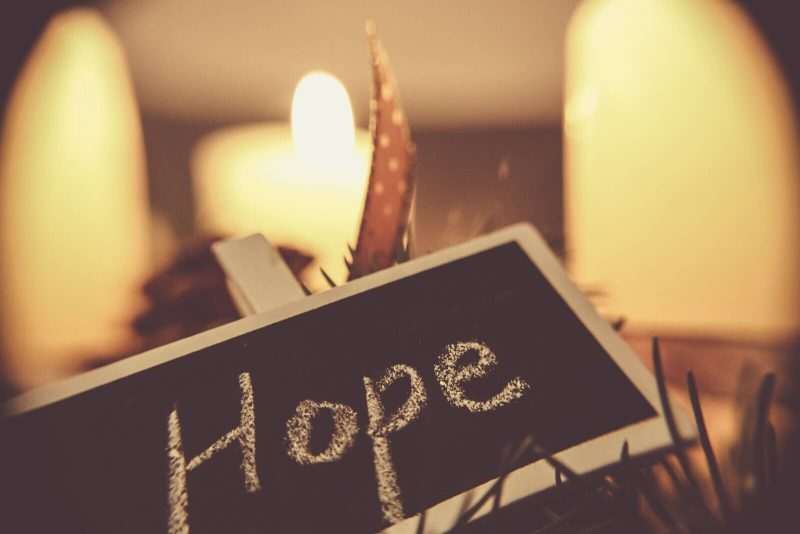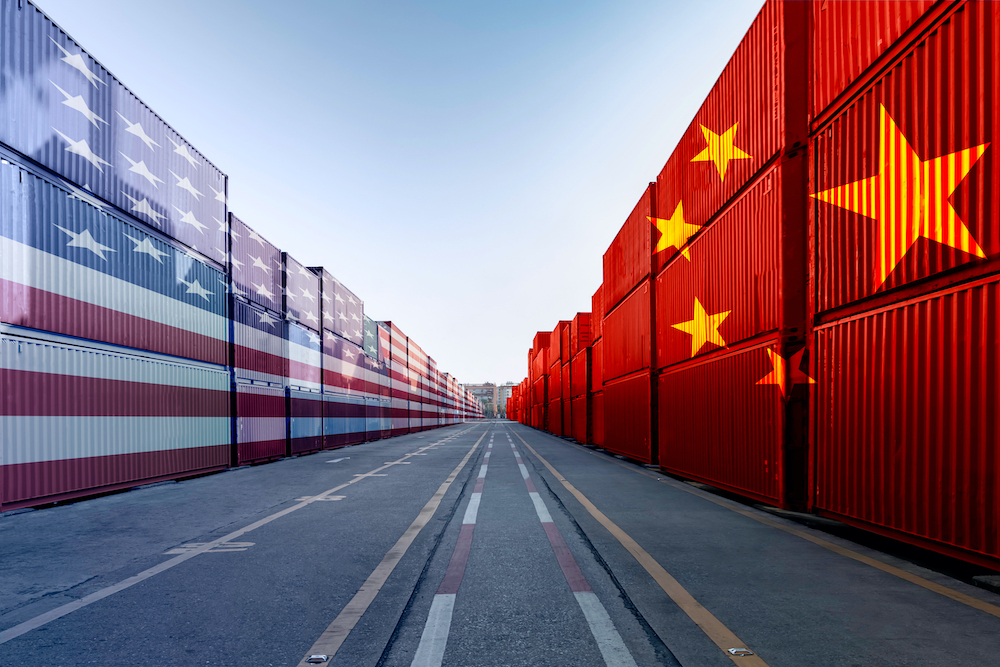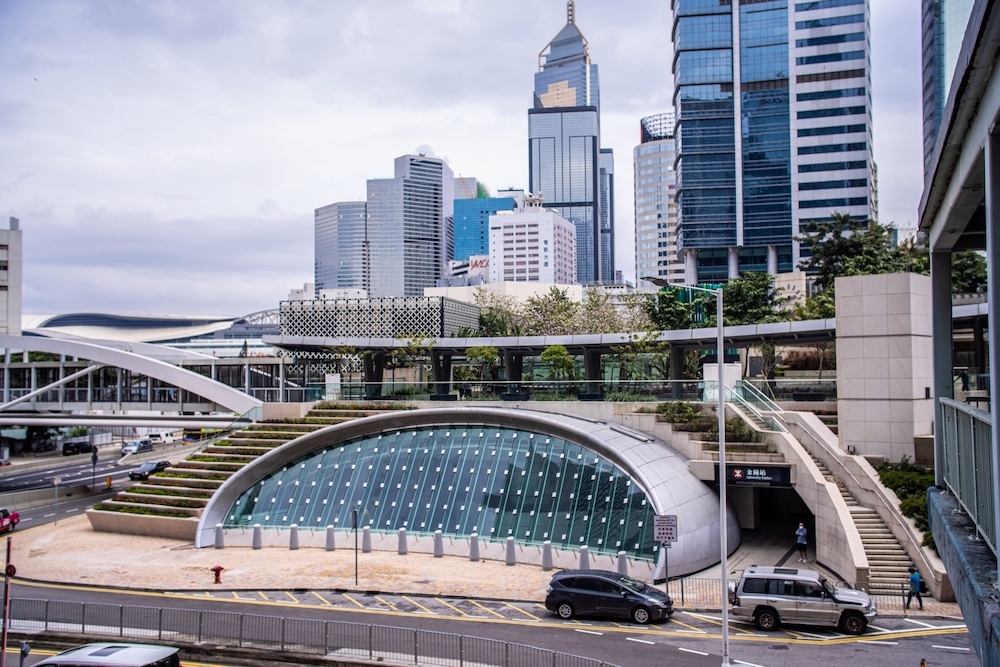Anyone who paid attention in school chemistry lessons will know the air we breathe comprises several gases, including nitrogen, oxygen, argon and carbon dioxide. Creative minds, however, realise that air represents more than the sum of its scientific constituents. Air isn’t just life-giving – it is an inspirational gift of nature whose creative event options are both sustainable and… ahem… breathtaking.

Freedom road
“Air” recently gave the ultimate lift to a new car launch in Queensland, Australia. Events organiser cievents was hired by a luxury car manufacturer to conceptualise and manage the new vehicle dealer launch and sales training programme for 200 delegates.
“The brief was to create a dealer launch and sales training events for two new premium vehicles: a hybrid 4WD and a sports convertible,” says Carly Lewis, business director of cievents. “These events needed to capture a theme that showcased the specific attributes of both vehicles within one launch, at the same time, giving dealers, general managers and sales staff a truly memorable experience.”
Cievents’ creative team developed a series of events around the concept “Air”. “This was the perfect theme and symbol to unite the environmental benefits of the hybrid 4WD with the sense of freedom offered by the convertible,” says Lewis.
The Air programme featured conferencing and luxury accommodation within the natural beauty of the coastal region of Noosa, exhilarating scenic test-drives through surrounding hinterland, and dining at a secluded private art gallery, cantilevered over a mountaintop with panoramic views across spectacular landscapes. “It represented a powerful combination of fresh air and technology that is gentle to the environment,” says Lewis. “The convertible driving experience was maximised with the top down and the feeling of the rush of fresh air, while the 4WD experience was enhanced on challenging mountain roads, taking drivers off the beaten track and back to nature.”
Attendees also participated in high-specification sales training inside a large air-filled dome. “The translucent dome looked like an air molecule, and allowed the training to take place in an environment that enabled delegates to feel they were out in the fresh air. The design of the dome has a high-tech visual appeal that corresponded with the cutting-edge technology of both vehicles.”
As a coveted extra benefit, guests took advantage of exclusive use of a regional racetrack to test-drive both vehicles, putting them through their paces alongside professional drivers. “Over five days, the ‘Air’ programme created unforgettable outdoor-focused experiences that stimulated all the senses,” Lewis adds. “‘Air’, according to our client’s chief executive, was ‘a huge success’.”
The flow of feng shui
In Chinese philosophy, air is associated with feng shui – whose literal translation is “Wind and Water”. In Chinese metaphysics, three cosmic factors are important in our lives: Heaven Luck, Earth Luck and Human Luck. Feng Shui relates to Earth Luck, and refers to the factors represented by our living, natural environment.
The core of feng shui converges on Qi, meaning life force, or the life-giving energies that permeate our universe. Qi influences human thought and emotion, health and wellness, our actions and decisions. In Chinese thought, the balance of natural energies, such as wind and water, in the places that we live, work and play can shape our destiny.
“I am a personal friend with a feng shui master based in Singapore. He has many clients in China and often travels here for business,” says Emmeline Yuen, managing director of Pivot Marketing, a Shanghai-based events company. “My office and home is totally feng shui, but I have yet to come across a client who wants his event ‘feng shui’ed’. It’s a very interesting concept.”
From a feng shui perspective, the purity of the air within any environment is a vital component of the whole. This can be applied to events and meetings where a pure atmosphere that creates positive energy will be beneficial to the outcome and success.
Malaysia-based feng shui master Joey Yap is the founder of the Mastery Academy of Chinese Metaphysics, a global organisation that specialises in teaching feng shui and other Chinese metaphysics subjects. A best-selling author of more than 60 books, and an in-demand feng shui consultant, Yap is also a prolific conference and seminar speaker, who has recently presented for companies including Telekom Malaysia, HSBC, Bloomberg, Microsoft, Samsung and IBM.
“Corporate organisations invite me to talk to their clients, partners, employees and team members about Chinese metaphysics,” says Yap. “I give a number of different talks based around feng shui, and the most important thing for me is to know what the client is seeking to achieve at the end of the talk.”
Giving delegates practical information they can take back and use in their offices and homes is crucial, says Yap. “For a property developer, the presentation is usually designed to add value for clients and discuss the importance of feng shui for their portfolio and developments. For a financial institution or bank, they usually prefer a forecast presentation, so I research the feng shui and astrology charts and give a presentation that looks at the year ahead.”
One of the interesting elements of Yap’s seminar work is the different understanding of feng shui elsewhere in the world compared with Asia-Pacific. “In Europe and North America, attendees often believe in ‘item-based’ feng shui, and think that you need to buy a lucky object or have Chinese motifs on your wall to achieve good feng shui. I tell them that there are four elements that are important: environment, building, people and time – not objects.”
Mix spoke to Yap while he was in Paris as part of an annual “Feng Shui and Astrology” global tour – taking in also Kuala Lumpur, San Francisco, London, Sydney and Singapore – to give aerial overview presentations looking to the year ahead. “I use astrology and feng shui to show people how they can plan for the upcoming year. After all, feng shui is about understanding your own character, learning how you think and how that can affect your life, understanding your own talents and skills, and learning to follow the path of least resistance towards success in the coming year. Feng shui is really about self-improvement, it’s not about fortune telling.”
So, what does the year ahead offer? “It’s clear that the economy is down in Europe and America, and that people feel that the situation is very bad. But the year of the Water Dragon won’t be as bad as some people imagine. It will be a cleansing process, a necessary step toward change – a way to demolish and rebuild.”
Tale of Nine Dragons
Every structure needs that all-important “breath of life”, or splash of H2O. Auspicious feng shui, ensuring the uninhibited free-flow of nature’s elemental energies, is the primary consideration for building owners in Chinese communities. New events venues and hotels are also keen for their design to enhance breath-easy Qi for visitors. Building flow consultants are employed to remove potential blockages to air flow, and a water feature or fountain outside the front door is common.
Perhaps Asia-Pacific’s highest profile energy-by-design venue is the “Bird’s Nest” National Stadium in Beijing, home to the opening ceremony and several competitions during the 2008 Olympics, and the 2015 World Athletics Championships. Whereas many large arenas are enclosed spaces, the architects used feng shui principles to create the lattice-effect exterior that enables a consistent flow of air into and out of the stadium – both enhancing its positive energies and keeping spectators naturally air-conditioned. It is also located on Beijing’s propitious north-south axis – and is enveloped by a purifying dragon-shaped lake.
Before completion in 1980 – originally as The Regent Hong Kong – the waterfront InterContinental Hong Kong consulted a feng shui master to ensure its location beside Victoria Harbour did not block the aerial pathway of Hong Kong’s famous nine dragons, who, legend has it, need an open route to fly from the mountains to the sea.
In September 2011, to mark the 10th anniversary of the InterContinental Hong Kong and the re-launch of the Grand Ballroom, the hotel teamed up with Pernod Ricard to re-launch its 9 Dragons cocktail range in the Lobby Lounge. The 9 Dragons cocktails include a lustrous Pearl Dragon, the Emperor Dragon, the Ruby Dragon and the Gold Dragon – topped with gold leaf foil. Australian Cocktail World Cup winning mixologist Ben Davidson was on hand to breathe fire into the event, and he takes up the story.
“The cocktails were inspired by the story of Kowloon – which means Nine Dragons (Gau Lung). Legend has it that in 1274 Emperor Bing took shelter here from Mongol invaders and felt protected by the eight mountain peaks surrounding him,” Davidson says. “He wanted to name the area Eight Dragons, but as he was also considered a Dragon too, it became known as Nine Dragons”.
The reasons for the 1980 geomancy consultation and for the Lobby Lounge hosting of the re-launched cocktail range in 2011 actually coincide. “The ‘Nine Dragons’ of Kowloon have special significance for InterContinental Hong Kong, as we are located on the Kowloon waterfront,” says Carole Klein, director of communications for the hotel. “According to legend, the nine dragons descend from the mountains at dawn to bathe in the harbour, and at dusk to drink. As dragons can magically pass through glass, the Lobby provides an alluring pathway to the harbour. This mythical procession has graced the hotel with exceptional good fortune and feng shui.”
“[The event] represented a powerful combination of fresh air and technology that is gentle to the environment”
"From a feng shui perspective, the purity of the air within any and all environments is a vital part of the whole, and this can be applied to events and meetings”

Tips for Using Feng Shui in Events
Feng Shui is the ancient Chinese practice of harnessing the innate forces of nature to promote prosperity, harmony, vitality and constructive changes in our lives.
“To achieve good feng shui, you do not need to turn your building into a Chinese restaurant,” says Joey Yap. “The essential energy elements are crucial, not motifs and objects.”
Good feng shui means balancing the elements of environment, building, people and time.
Encourage participants so that they can achieve their goals by exploring further their own knowledge and skills. Consider how feng shui can be used during a presentation or training seminar to achieve the client’s event objectives for the company and the attendees.


